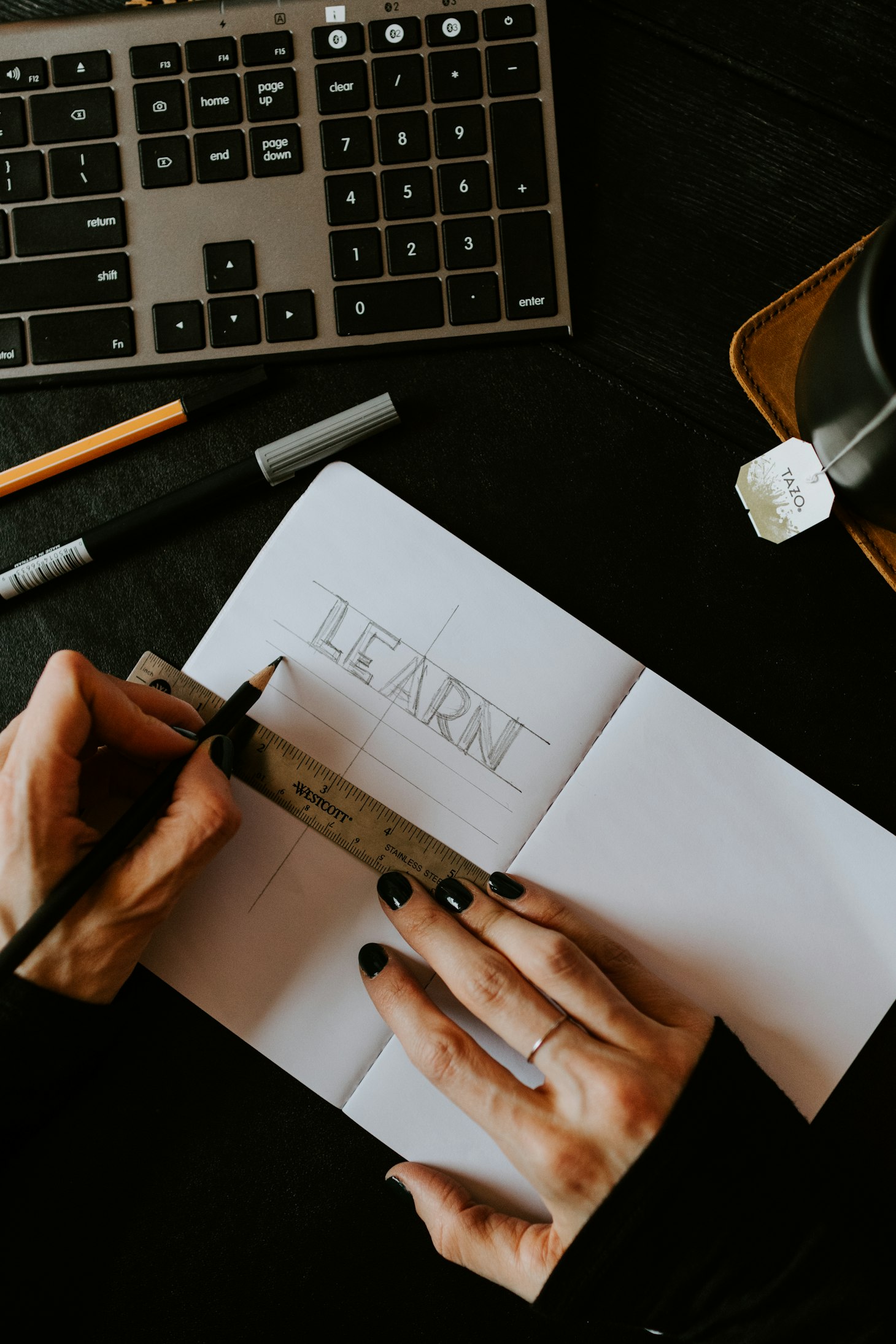Direct learning - the only way to learn

The easiest way to learn is simply by spending a lot of time doing what you want to become good at. If you want to learn how to write, write articles instead of reading books on writing. If you want to learn how to play the piano, play a song instead of learning music theory. If you want to pass a test, practice solving the problems that are likely to come up.
Most of us find direct learning uncomfortable and frustrating, so we often settle with reading or listening, hoping it will make us better at the real thing.
Direct learning helps with transfer, the phenomenon where you learn something in one context (the classroom) and use it in another context (real life). However, formal education does not facilitate transfer.
The psychologist Robert Haskell pointed out how severe the lack of transfer is in learning. He said, “We expect that there will be transfer of learning, for example, from a high school course in introductory psychology to a college-level introduction to psychology course. It has been known for years, however, that students who enter college having taken a high school psychology course do no better than students who didn’t take psychology in high school. Some students who have taken a psychology course in high school do even worse in the college course.”
Most formal learning is indirect. We beat around the bush, practising example solutions instead of solving real-life problems. More often than not, students who do well in exams cannot solve problems in real life. What they learn in class does not transfer into real life.
Schools should be direct and teach by doing. Students should spend time in class doing the thing they want to get better at. If this isn’t possible, use an artificial environment for practice. Pilots can practice with flight simulators. Medical students can practice with simulated patients.
Wherever possible, learn where you want to apply it. Do this often enough, and your learning will be rewarding and fun!
Let’s keep in touch
Get the latest posts delivered right to your inbox


